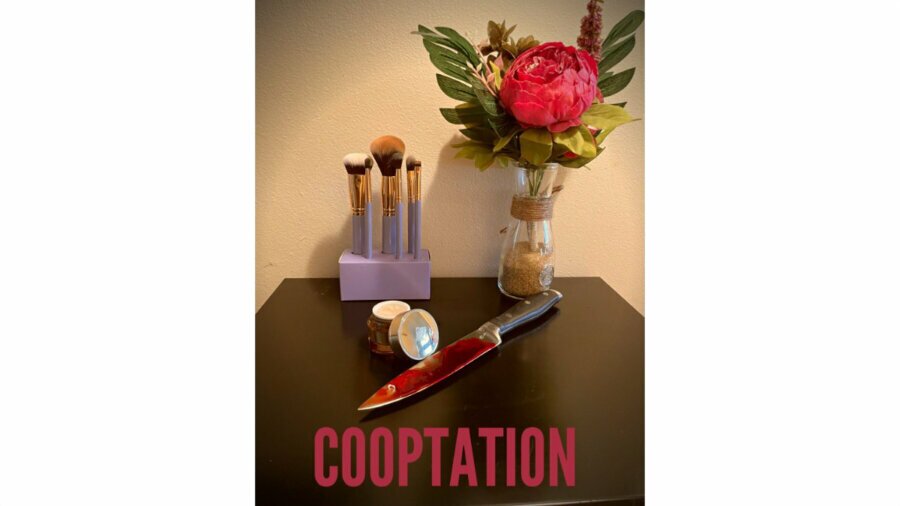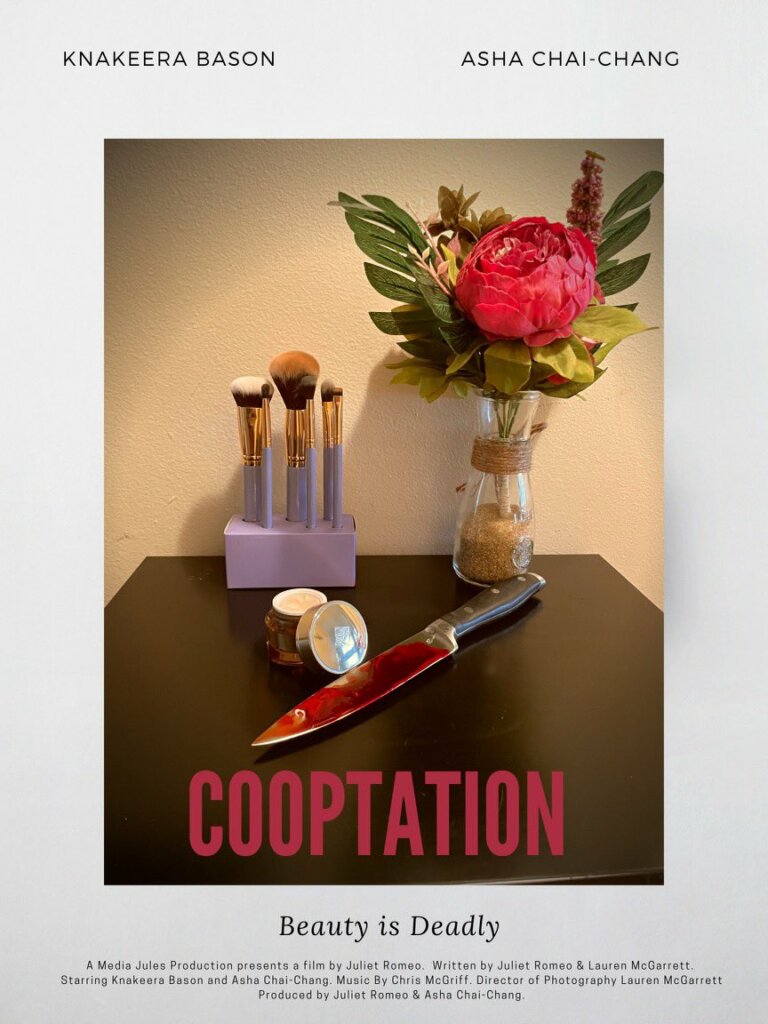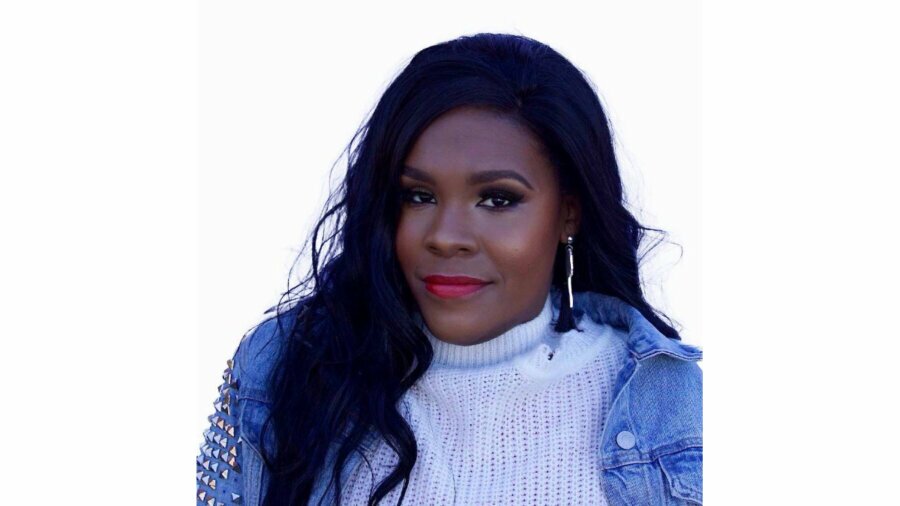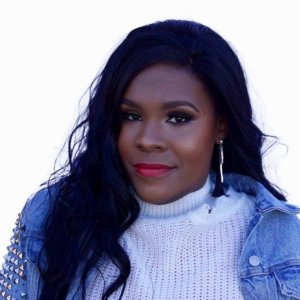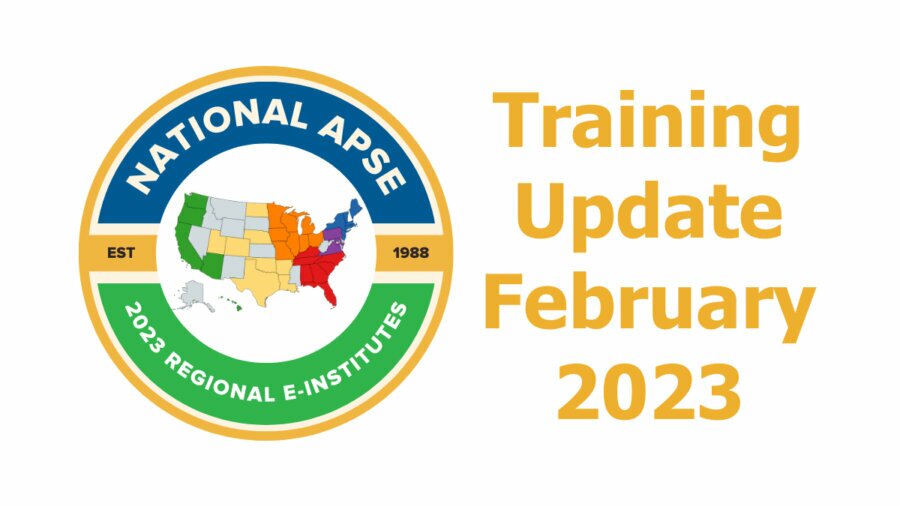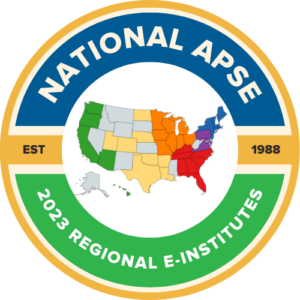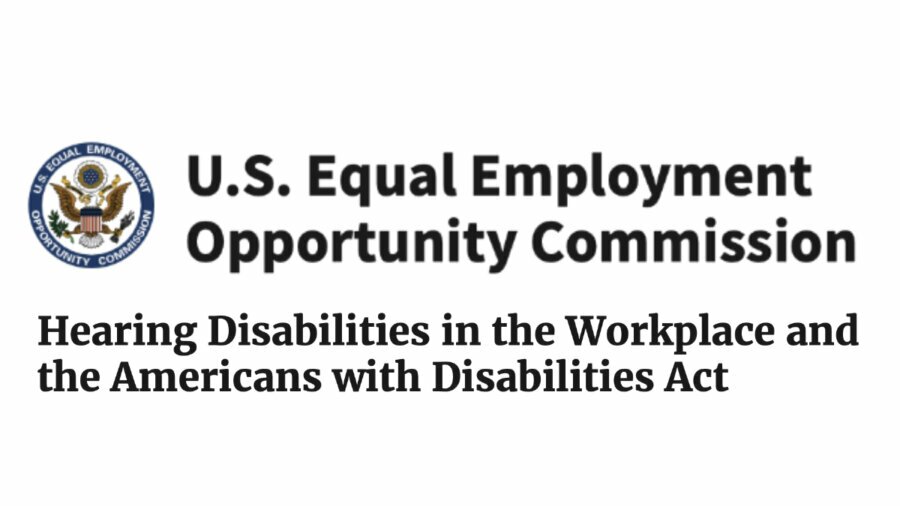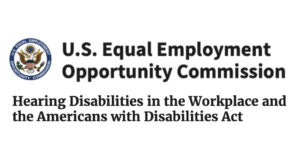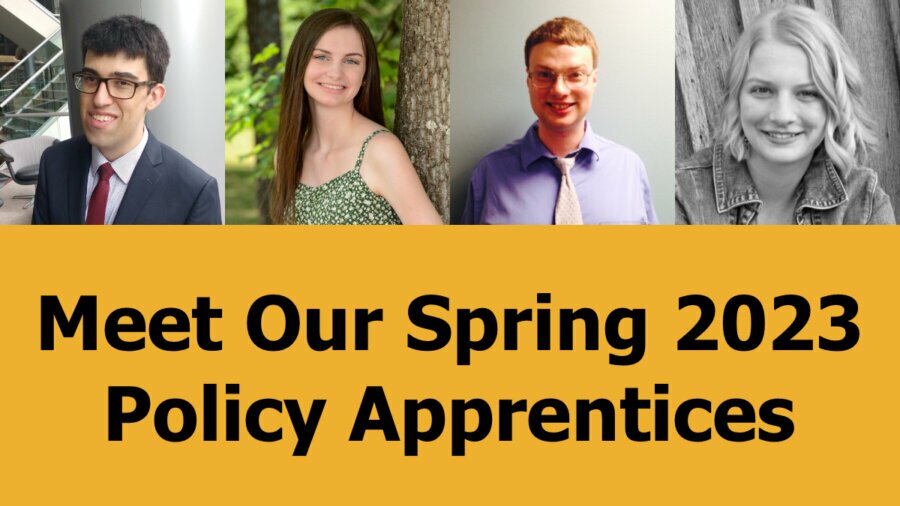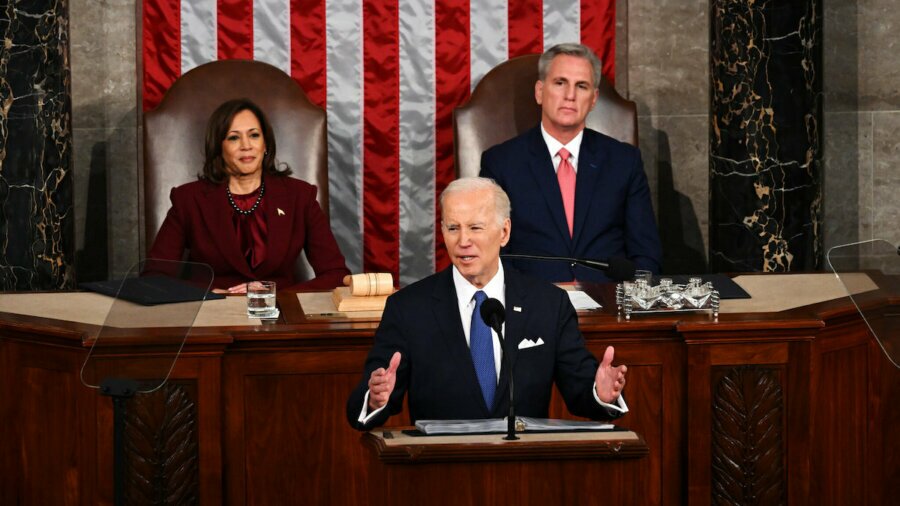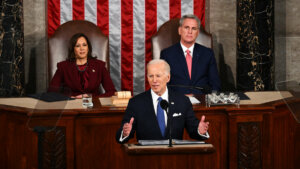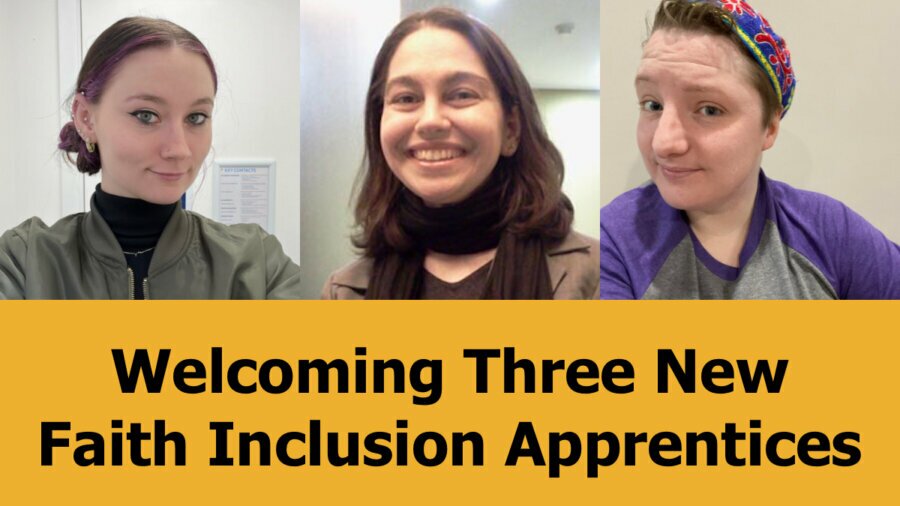Oreo explores identity and nonconformity through four different black women’s experiences. The short film centers around the Ralph Waldo Emerson quote, “To be yourself in a world that is constantly trying to make you something else is the greatest accomplishment.” It looks at black identity through religion, class, race, and culture, and does so while bending genres with moments of dark comedy and surrealism. Cashmere Jasmine, disabled writer, director and RespectAbility Lab 2021 alum, strings together these four stories to create a complex and compelling conversation around identity and feeling rejected.
It opens with Jennifer (Ria Ridley) realizing she got her Black Card revoked and has to call the Black Bank of America to confirm her identity through a series of questions about the culture. She eventually loses her card when the “bank tellers” hear her country music in the background. This hilarious satire lays the groundwork for the rest of the short film and does so brilliantly. [continue reading…]



